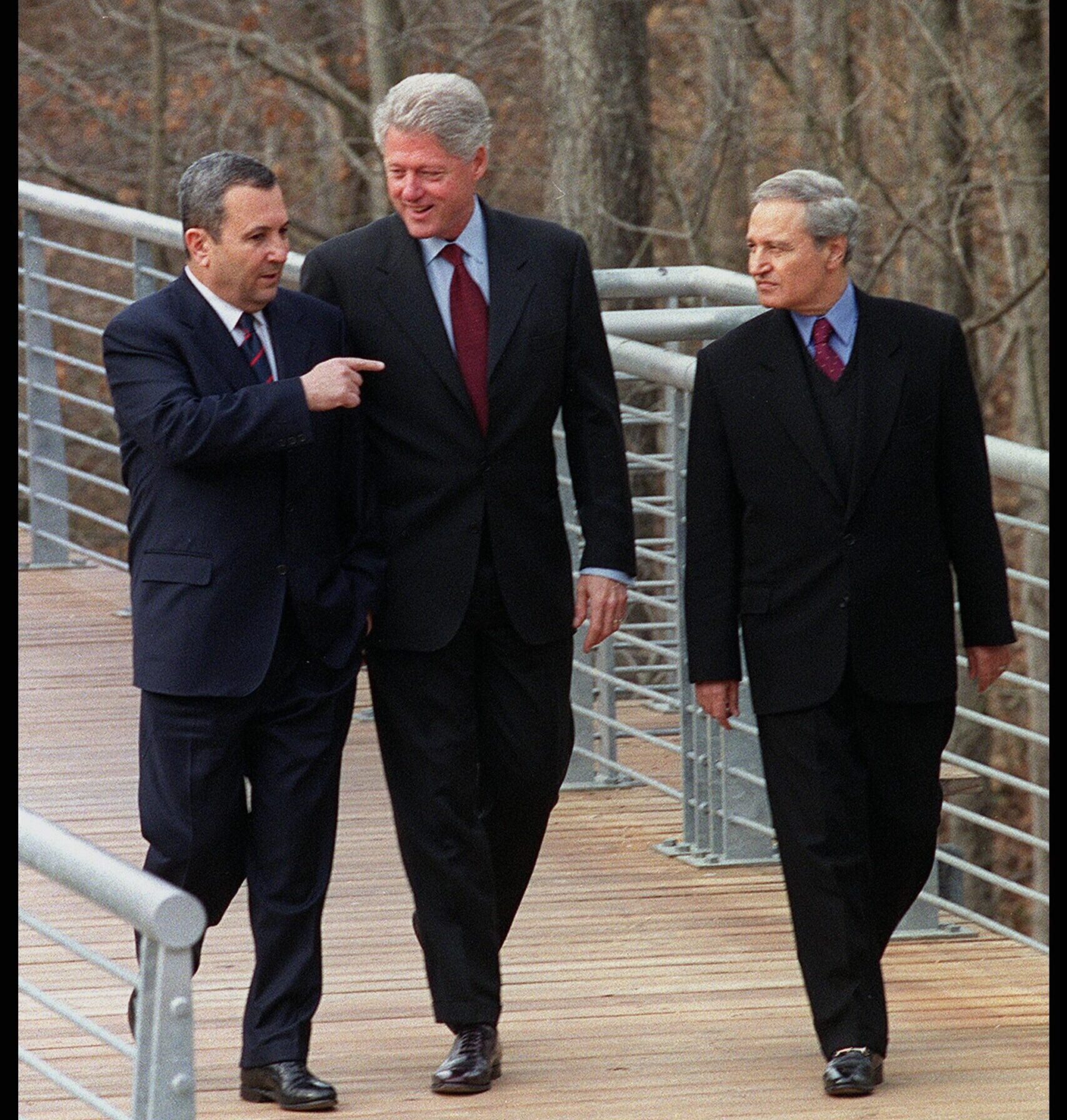
January 10, 2000
Seven days of peace talks between Prime Minister Ehud Barak and Syrian Foreign Minister Farouk al-Shara in Shepherdstown, West Virginia, closes without any resolution.
The talks, during which President Bill Clinton was often present, focused on the possibility that Israel would return some or all of the Golan Heights to Syria for a normal and lasting peace treaty between the two nations. Israeli Foreign Minister David Levy says the two sides “did not even get close” to reaching an agreement regarding the Golan or any of the other issues facing them.
In the June 1967 war, Israel captured the Golan Heights from Syria. Israel annexed the territory in 1981. This strategic land bordering the Kinneret (Sea of Galilee), Israel’s largest source of fresh water, creates a buffer zone between Israel and Syria and is of great value to both parties. Clinton realized the challenges he faced in getting the two sides even to come close to a resolution.
As the talks concluds, a rally of approximately 100,000 Israelis takes place in Tel Aviv’s Rabin Square to protest the possibility of Israel returning the Golan Heights. They argue that territory is far too important to give up, even for a peace deal between the countries.
Another round of talks is scheduled to begin Jan. 19, 2001, but they are postponed and never resumed.
